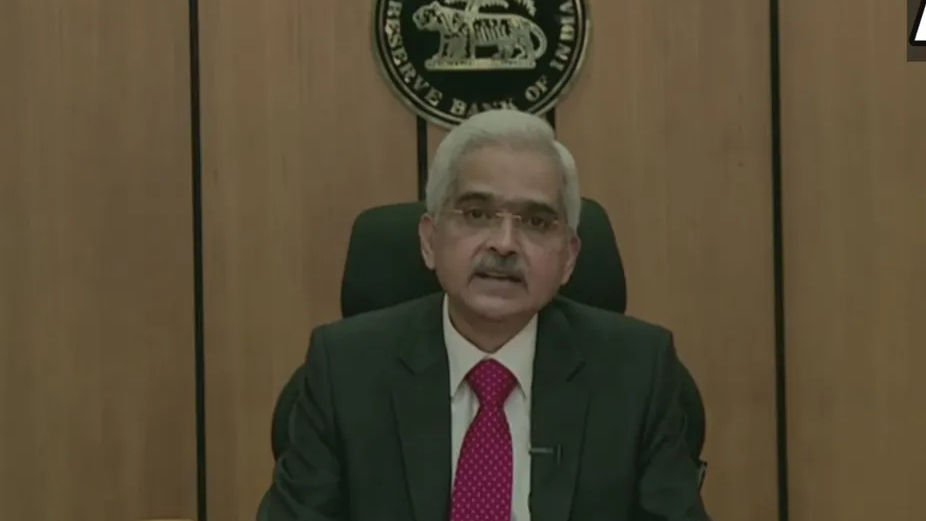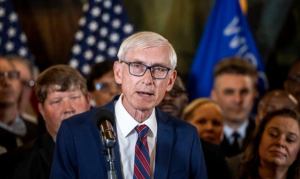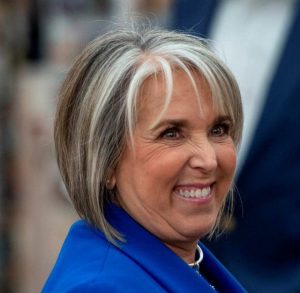Shaktikanta Das, the governor of the Reserve Bank of India (RBI), announced the October bi-monthly monetary policy statement on Friday, saying that the MPC has decided to keep the repo rate steady at 4% for the eighth consecutive meeting. The MPC maintains its ‘accommodative’ stance. The reverse repo rate will also remain at 3.35 % for banks having deposits with the RBI.
RBI Monetary Policy key highlights:
- The MPC voted 5-1 to maintain the accommodative approach for as long as needed to ensure long-term growth while keeping inflation within the target range.
- CPI inflation in July-September was lower than expected, according to the Governor of the Reserve Bank of India.
- Governor believes that growth impulses are improving.
- Pent-up demand, as well as the festival season, should drive up urban demand. According to the RBI Governor, the recovery in demand accelerated in August and September.
- Imports of capital goods have increased, indicating some recovery inactivity, according to RBI Governor Shaktikanta Das.
- In terms of inflation, the governor stated that inflation has been lower than the RBI’s predictions, but core inflation remains sticky.
- Shaktikanta Das, Governor of the Reserve Bank of India (RBI), stated that the central bank is optimistic about the current financial year’s GDP growth projection of 9.5 %.
- The bank rate and the marginal standing facility rate are both 4.25 %.
- According to Shaktikanta Das, the Indian economy is gaining traction.
- The need for additional bond purchases under G SAP does not arise, according to RBI Shaktikanta Das.
- For this fiscal year, CPI inflation is expected to be 5.3 %. It is expected to be 5.1 % in Q2, 4.5% in Q3, and 5.8 % in Q4, with risks largely balanced.
- The RBI could think about complementing 14-day VRRR auctions with 28-day VRRR auctions.
- According to the RBI, the IMPS transaction ceiling has been raised from Rs 2 lakh to Rs 5 lakh.
- The Central Bank will halt bond purchases under G-SAP. In his webcast, Shaktikanta Das stated that given the liquidity overhang and the lack of new government borrowing for GST compensation, these bond purchases are unnecessary.
- The RBI plans to establish an internal ombudsman scheme for NBFCs.
- According to the RBI, all new payment acceptance infrastructure, including PoS devices and QR codes, would be geo-tagged.







